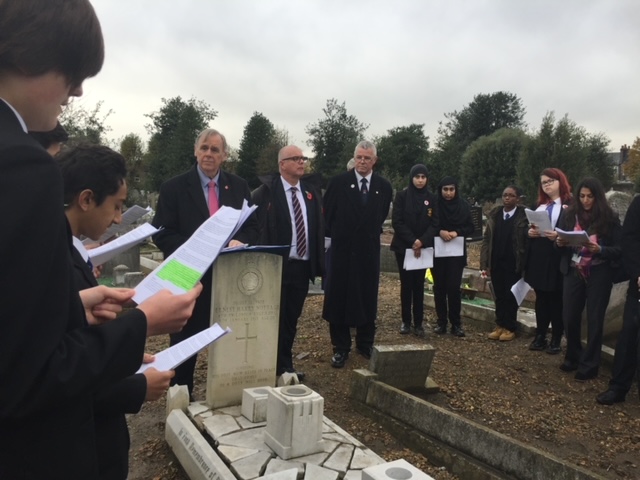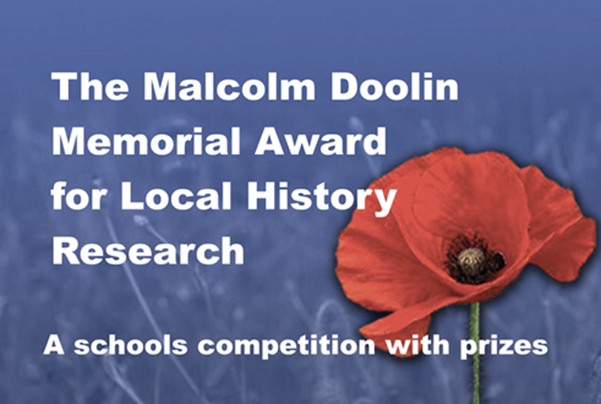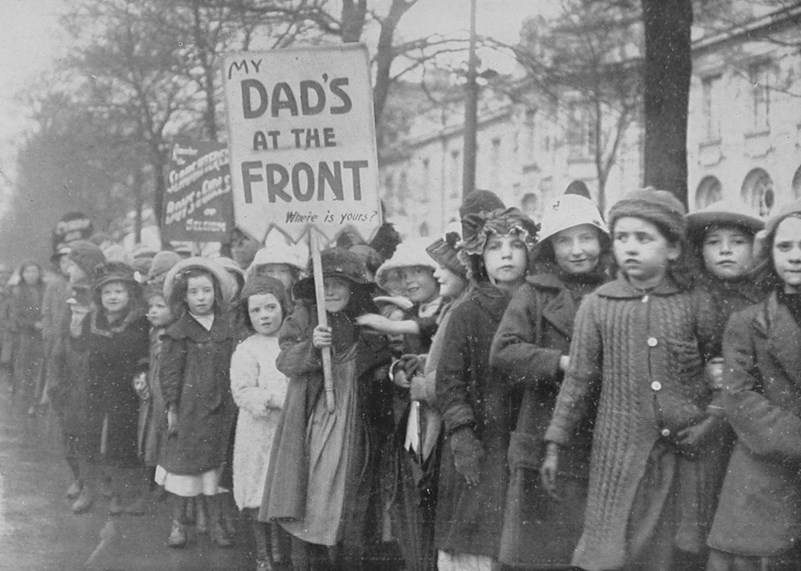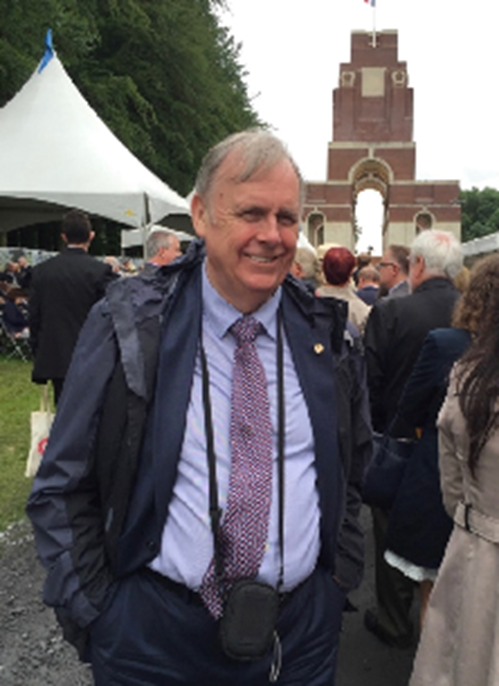SCHOOLS COMPETITION : The Malcolm Doolin Memorial Award for Local History Research by Schools and Youth groups 2022/2023
- Home
- Latest News
- 2022
- June 2022
- SCHOOLS COMPETITION : The Malcolm Doolin Memorial Award for Local History Research by Schools and Youth groups 2022/2023
The Malcolm Doolin Memorial Award for Local History Research 2022-2023

Schools and youth groups are invited to support pupils carrying out original research into any aspect of local history related to the period 1914-1918/19.
There are two prizes of £500 (or Euro equivalent) on offer, one for 11 year olds and under and one for 12-16 year olds, which will be awarded to their schools or youth group.
There is considerable flexibility over the topic of the research and over the way it is presented.
The competition runs from 1 September 2022 to 30 June 2023.
NOTE: Details and registration form are available as a downloadable PDF by clicking on the item to the top left of this announcement.
The Malcolm Doolin Memorial Award for Local History Research 2022-2023

- An annual year long project – starts 1 September 2022, closes 30 June 2023.
- Open to primary, secondary, special schools and youth groups
- 2 x £500 awards (one for 5-11 year olds, one for 11-16 year olds) plus runner up awards
- Publication and publicity through the Western Front Association’s magazine, website and social media
- Commemorative certificates awarded to all schools/youth groups
Your research can be into anything that is both local to your group and relates to the period of the First World War - 1914-1918/9. War memorials or Commonwealth War Graves Commission graves in local cemeteries are an obvious choice but it could be about life on the Homefront: schools, industry and war work, entertainment, who lived in my house etc.
We are looking for:
- Originality: something that extends knowledge
- An outcome – a publication, display or performance
- Where possible, partnership working – schools and youth organisations working together or with local museums, churches, the Western Front Association etc:

Support from the Western Front Association:
- Participants are welcome to discuss their plans with the Education Trustee at any stage
- On request we will match you with a Western Front Association member who can offer research advice/mentorship to teachers – where possible this would be a member from the school’s local branch but it may be an experienced researcher from elsewhere in the country. They may help you find useful resources for your research (including giving you access to special Western Front Association resources). They may even be able to suggest a topic for your research – for example, they may know about barracks or a factory or in your area that did war work, or there may be an event like an air raid that happened in your town. N.B. This support will be online or by telephone. We are unable to offer on-site support in schools.
- Schools and youth groups may be invited to do a presentation to their local WFA branch giving them the invaluable experience of speaking to an external audience
Other Resources:
You may find the Teachers’ Research Guide, developed by our friends at Centenary Battlefield Tours, a useful place to start > Teachers’ Research Guide
Secondary School colleagues may wish to work through the full scheme of work of which this is a part > Secondary School Scheme of Work
The Commonwealth War Graves Commission is currently developing its resources for local history research. For example, you can search for casualties by their home street > CWGC Home Street Research
You can also arrange for them to support your work through their education programme:
Getting Started - Registration:
You should register your interest in participating in this project as soon as you have decided to take part. That way we can keep you updated as additional resources or opportunities that become available. Remember you can request that you are partnered with a Western Front Association researcher if you wish. There is a form you should complete at the end of this pack.
Please send it to: education@westernfrontassociation.com
Submitting Your Entry at the End of the Project
Basic Information Required
- Name of School/Schools/Youth Group
- Name(s) and contact details of teacher/group leader
- Names and ages of young people involved
Title of your Project and Method
- What did you want to find out?
- What resources did you use – online, museums, visits?
- Other people you involved
The Project Outcome Itself – one (or a combination) of:
- A booklet (10,000 words maximum)
- A PowerPoint (or other presentation or series of displays)
- A video
- A script
- Or something similar e.g. photos of a classroom museum
N.B. It is important that this showcases the work done by the young people themselves.
- How You Have Shared This Work (Inside and/or Outside Your School/Organisation
Malcolm Doolin 16 February 1950 to 18 March 2018

Malcolm Doolin grew up in Dover, Kent and lived and worked in East London. He was an educator, historian and author whose passionate interest in World War One stemmed from the stories his grandmother told him about her little brother, Ernest Sharp, who was killed, “blown to bits” on 22 April 1918 and who is commemorated at Dud Corner Cemetery, Loos.
Malcolm believed in the power of people working together and created successful teams in both his professional and personal life. As an education consultant, he encouraged schools to work together and, within his work with the Western Front Association, he drew together local history and genealogy groups, schools, churches, the local museum and the council in research and commemoration of the First World War and its impact on the local area.
At the end of every event he spoke at, he expressed the hope that people would continue to remember the war, particularly after the centenary commemorations were over. He would have wholeheartedly welcomed this award.
Download and complete the registration document (click on the item in the top left hand corner of this page)





